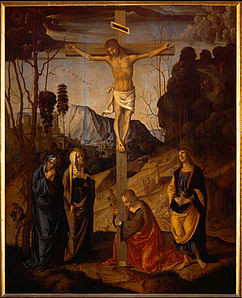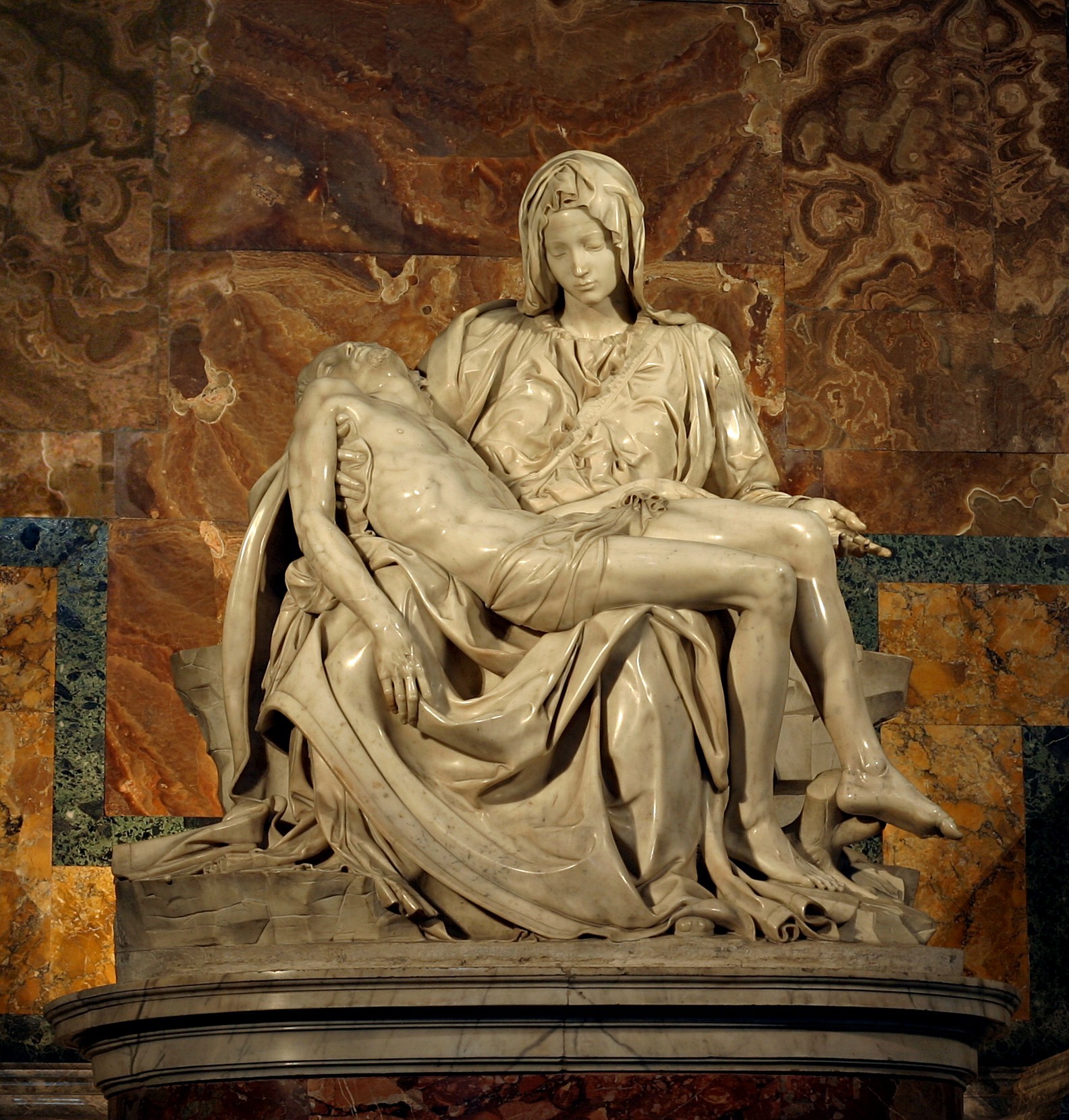 |
| The Pascal Candle is lit from the new and blessed fire at Holy Family Hicksville |
 |
| Kelli O'Hara quick changes at the 2015 Tony Awards screenshot via Tony Awards Backstage Youtube |
My friend Fran is a professional costumer and dresser for
Broadway actors. One of her most
important tasks is to assist the actor with quick costume changes. Not too long ago she was working with the
actress who played Anna in the musical the King and I. If you recall the show,
you know that Anna is always dressed in very, very large hoop skirts, in
watching the show, you are too busy watching the actors on stage to think about
how Anna gets in an out of those skirts so quickly. But during a performance at the Tony awards that
year, the online audience got to see how it all occurs a camera with backstage
capturing Fran, much to her chagrin, and her team changing the actress out of
one skirt and top and into another in less than 40 seconds. The attention of those watching on TV or in
the theatre only saw what happened on stage and were unaware of what was
happening behind the scenes; all they saw was the amazing result.
Specifically, St. Paul asks, “Are you unaware that we who were
baptized into Christ Jesus were baptized into his death?” Is this part of your
awareness? I know that this truth is not
foremost on my mind. Yet this truth is
the foundation for our hope. Because of
our baptism we are united to the death and resurrection of Jesus
Christ. Because of our baptism we have
profound hope that the worst thing that can happen to us, death is not the last word.
We do not just observe the drama of the passion, death and resurrection
of Jesus Christ, by baptism we experience it.
St. Paul concludes that “raised from the dead, (Christ) dies no more; death no longer has power over him.” So too
must we be aware that death has no power over us.
The era in which we live easily distracts us. Our political atmosphere is horrible. The
moral struggles presented to our children are overwhelming. Financial realities, racial tensions, and an ever-present
media are what grabs our attention and therefore, the cosmic and spiritual
realities of the Resurrection recede to the background. We function as if we have no awareness of the
God who both created and redeemed the world.
As we listened to St. Matthews gospel proclaimed we are treated
to some dramatic imagery.
· And behold, there was a great
earthquake;
· for an angel of the Lord descended
from heaven,
· rolled back the stone, and sat upon
it.
· His appearance was like lightning and
his clothing was white as snow.
· The guards were shaken with fear of
him and became like dead men.
 |
The Angel of the Lord Announcing the
Resurrection
Benjamin West
1805 Brooklyn Museum
|
These are events so dramatic in detail that they are meant to
engage us and awaken us to not a happy ending of what was thought to be a
tragedy but to empower our faith life.
Furthermore, with their encounter with the risen Jesus himself, the
women experience a transformation and a commissioning.
In repeating and enhancing the message of the angel the risen
Lord, Jesus commissions the women to be the first missionaries of the
Resurrection. He also gives them a
specific task. He tells them to inform
his brothers that he will meet them
in Galilee. Why is this important. The angel tells the women to give this
message to Jesus’ disciples, Jesus calls them his brothers. The change is important. These disciples are the ones who betrayed,
denied and abandoned him. Hearing that
he had been raised from the dead might rightly strike a fear of vengeance in
their hearts. He calls them brothers
and in so doing extends reconciliation.
He does not abandon them but raises them from disciples to the dignity
of brothers. The women, therefore become
the first agents of resurrection reconciliation.
 |
| Bishop of Rockville Centre, John Barres baptizes a woman during the Easter Vigil at St. Agnes Cathedral. Photo Credit: Ed Casey |
 |
| Easter Sanctuary Holy Family Hicksville |











